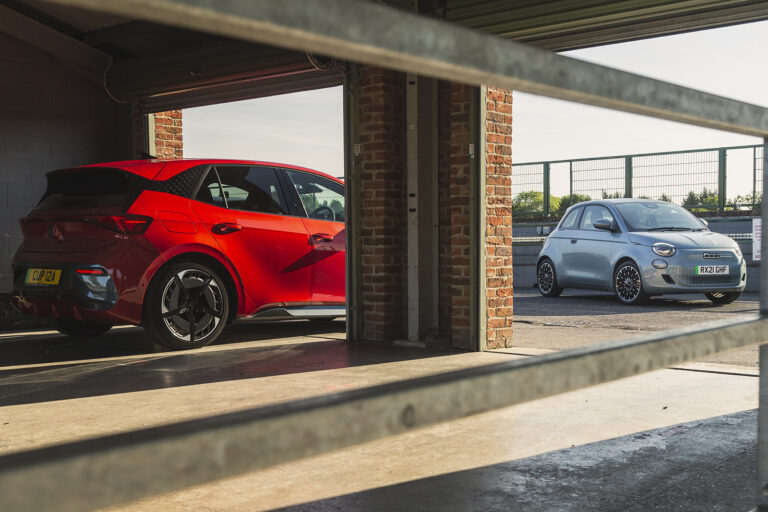How can I reduce my company car tax bill?
Choose an EV
HMRC has spent the past 20 years using company car tax to incentivise low-CO2 vehicles and there’s none lower than an electric car.
Until April 2025, electric cars (rated at 0g/km CO2) are taxed based on 2% of their P11d price, whereas even the most efficient petrol and diesel models start at 25%. That’s usually enough to reduce your tax bill by 90%.
For context, a 20% taxpayer in a £30,000 Vauxhall Astra GS Line diesel would pay around £158 in benefit-in-kind per month, whereas their boss on a 40% income tax band would pay just £83 for a £120,000 BMW iX M60.
It’s hardly surprising that battery-electric has become the most popular powertrain type for new fleet lease cars, according to the British Vehicle Rental and Leasing Association (BVRLA).
Or choose a hybrid
If you are not ready to ditch combustion engines completely, the BIK rates also heavily incentivise plug-in hybrids with the longest electric range – and this can offset their higher list price.
For example, the Toyota RAV4 Plug-in has an electric-only range of 46 miles so it falls into the 8% BIK band, whereas the Ford Kuga 2.5 PHEV ST-Line X Edition travels up to 35 miles on a full charge and is taxed at 12% of the list price. Despite the Toyota’s £4500 list price disadvantage, drivers will pay around 25% less in tax than they would on the Ford.
Be selective with options
In 2017, Europe’s automotive industry switched to a new fuel efficiency test, catchily known as the worldwide harmonised light vehicles test procedure, or WLTP.
Alongside tougher test conditions, it produces more granular data including recognising differences between trim levels and the effects of optional equipment on efficiency.


